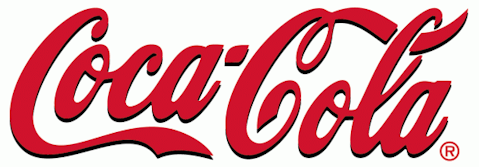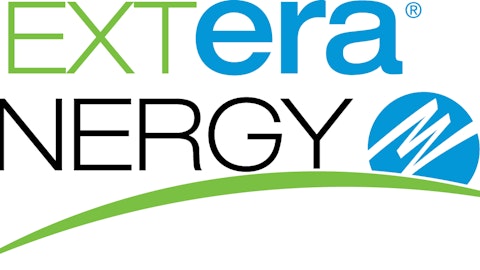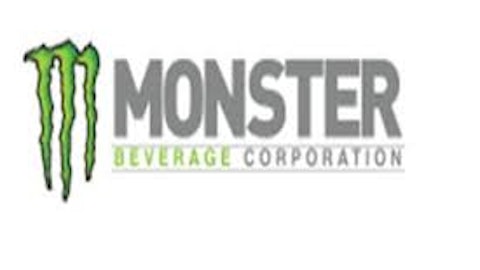There’s no denying that The Coca-Cola Company (NYSE:KO) is an iconic American company. The soda juggernaut, which counts Warren Buffett among its financial backers, is a corporate legend in its own right. The company has a history that stretches back more than a century, and the company’s products can be found in over 200 countries worldwide.
At the same time, the world is a different place than when Coca-Cola built its empire, and its inhabitants are changing the way they think about food and beverages. In that light, can The Coca-Cola Company (NYSE:KO) continue to compete in an environment of shifting consumer habits?
A brilliant past, but trouble lurks ahead
Coca-Cola’s remarkable past represents the pinnacle of corporate success. The Coca-Cola Company (NYSE:KO) has served its customers and investors alike for many decades. To illustrate, consider that in February this year, the company increased its dividend for the 51st consecutive year.
This kind of streak can only be accomplished with an incredible financial track record. Last year, Coca Cola (NYSE:KO) achieved 3% growth in net operating revenues year over year. This came on the back of 4% global volume growth for the full year, and 6% full-year reported earnings per share growth.
Of course, no discussion of the soda companies is complete without mentioning close rival PepsiCo, Inc. (NYSE:PEP), which has a fantastic history of its own. In April, Pepsi increased its own dividend for the 41st year in a row.
Pepsi, like Coca-Cola, displayed resilient 2012 results, in which the company realized 5% organic revenue growth in both the fourth-quarter and the full-year. Earnings clocked in at $4.10 per share for the full year.
In addition, there exists a smaller industry player in Dr Pepper Snapple Group Inc. (NYSE:DPS), which pays a slightly higher dividend than its rivals, at 3.25% annualized. Dr Pepper Snapple Group Inc. (NYSE:DPS) is a strong dividend grower, increasing its first-quarter 2013 shareholder payout by 12%.
Dr Pepper Snapple Group Inc. (NYSE:DPS) holds a $9 billion market capitalization, meaning it is a large-cap stock, but the company’s size pales in comparison to its two rivals which both carry market values in excess of $100 billion. The company also trades at a more attractive 15 times trailing earnings, which compares favorably to the P/E multiples on The Coca-Cola Company (NYSE:KO) and Pepsi, which both exceed 20 times.
Times are changing
The Coca-Cola Company (NYSE:KO) has a truly amazing history. The more pressing question for investors, however, is what the future holds. Coca-Cola still has a strong tailwind in the form of international growth. To that end, it’s worth noting the company realized 4% international volume growth last year, far better than the 1% volume growth from North America. It’s safe to say people will be drinking Cokes for a long time, which means investors can count on that 2.7% dividend yield and will likely continue to receive annual percentage dividend increases in the high-single digits.
However, there’s also the undeniable headwind in the form of a more health-conscious consumer.
At this point, the shift in consumer tastes is more of a certainty than a possibility. Every year, Americans are waking up to the obesity epidemic our population struggles with. Particularly among children, it’s becoming an imperative to consumer fewer calories.
For this reason, investing in The Coca-Cola Company (NYSE:KO) is not the slam-dunk most investors would like to believe. Whereas Pepsi has embraced the shift in consumer sentiment, meaningfully broadening its product portfolio to include healthier alternatives such as Baked Lays chips and its Quaker brand, Coca-Cola has stood still as a soda company. In all, Pepsi holds 22 brands that each brings in at least $1 billion in annual sales. Moreover, Pepsi’s revenue is evenly split between food and beverages.
It’s true that Coca-Cola has a few products other than soda, including Dasani and Vitamin Water. That being said, The Coca-Cola Company (NYSE:KO)’s sparkling beverage division, which includes such brands as Coca-Cola and Sprite, account for roughly 75% of the company’s sales.
Coca-Cola is falling dangerously behind the trend toward fewer calorie consumption. As a result, while I absolutely admire Coca-Cola’s history and success, at this point, I’d recommend investors prefer Pepsi.
Robert Ciura has no position in any stocks mentioned. The Motley Fool recommends The Coca-Cola Company (NYSE:KO) and PepsiCo, Inc. (NYSE:PEP). The Motley Fool owns shares of PepsiCo.
The article Should You Buy Coca-Cola? originally appeared on Fool.com.
Robert is a member of The Motley Fool Blog Network — entries represent the personal opinion of the blogger and are not formally edited.
Copyright © 1995 – 2013 The Motley Fool, LLC. All rights reserved. The Motley Fool has a disclosure policy.





